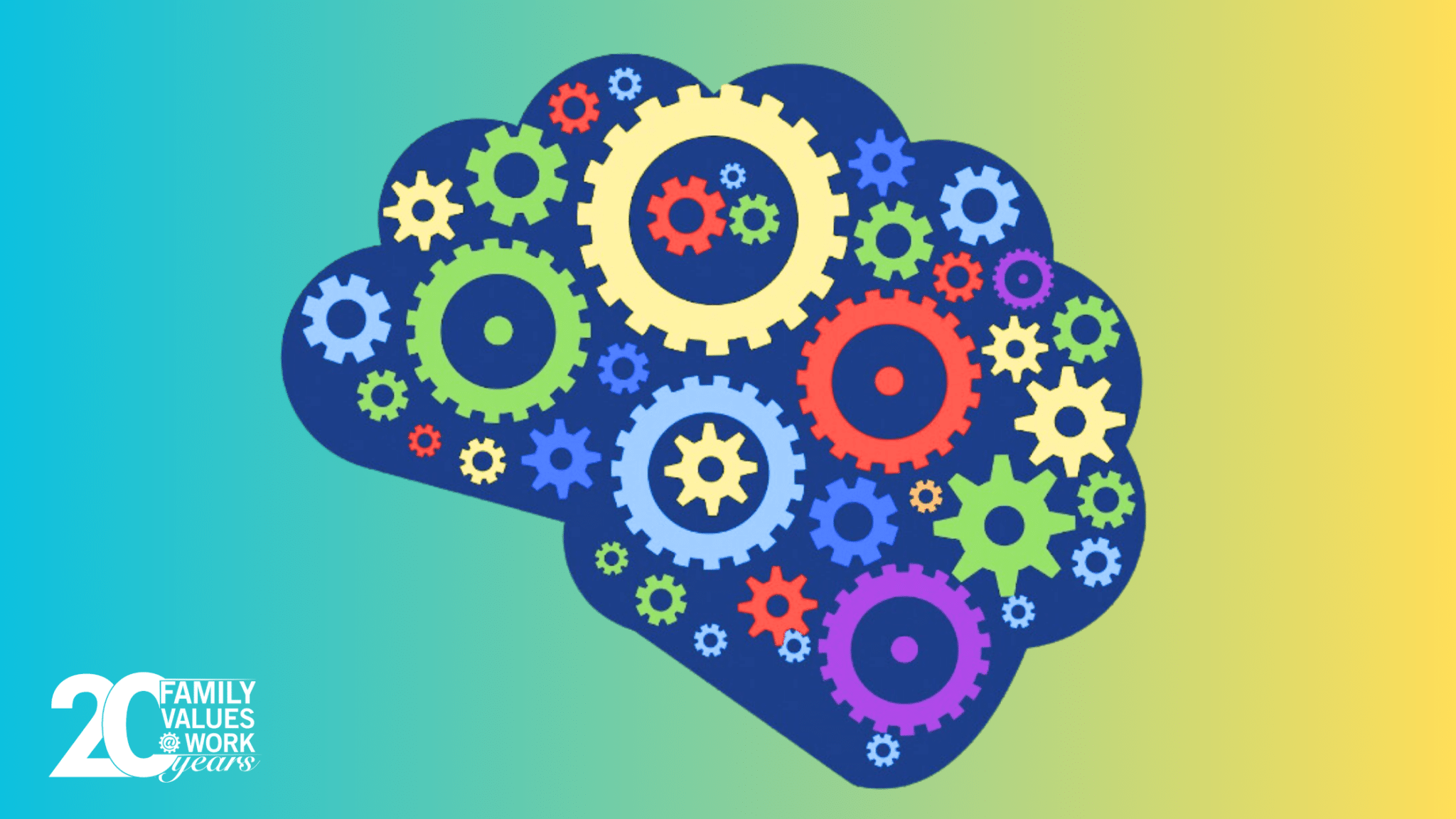Autistic People and Their Families Need Paid Leave

By Preston Van Vliet
Have you ever heard of the word “neurodivergent?”
Neurodivergence is a broad way of describing folks whose brains function differently compared to the folks whose brains are able to conform to societal “status quos.” Neurodivergence can apply to autistic folks, people with ADHD, learning disabilities & sensory processing disabilities, Tourettes syndrome, obsessive-compulsive disorder, some mental illnesses (like bipolar and borderline personality disorder), and some folks who have had significant neurological changes due to traumatic brain injuries (TBI) may also resonate with the term. I have several of these disabilities, including a likely autism diagnosis. It’s Autism Awareness Month, so let’s talk about it!
Like with any community, autistic folks have a lot of different experiences in how they function and how they adapt to their circumstances. I wanted to share just a few basics and how our work to win paid sick and safe days, paid family and medical leave, and improvements to our childcare systems can support autistic folks and their families.
The ways that autistic folks’ brains work disrupt what many non-neurodivergent people assume are “the unwritten and unspoken status quos” when interacting with each other and within institutions. By institutions, I mean schools, government, employers, medical and service providers, and even within your own family of origin. Some of these status quos include things like don’t talk to yourself or sing or fidget “too visibly” in public; you must know how to fill out paperwork and you have to fill it out even if it doesn’t make sense; you must do appointments as fast as possible, even if it is too quick for your own processing; and so on. Our existence calls into question who benefits and who is harmed by those status quos. The main keys to better understanding autistic people are curiosity, time to think more about their experiences, and a little humility.
When an autistic kid has a meltdown in the grocery store, some non-autistic people are shocked, confused, and sometimes blame the kid or their parents (sometimes parents do contribute to autistic kids’ struggles, honestly). But when I see it happen, I know there is way more going on. While there is some truth in that many autistic kids need more support in emotional regulation (all kids need this and it is not properly addressed in the US, period!), there are unique physiological differences that contribute to these meltdowns.
Have you ever really thought about all the sensory input that happens in a grocery store? A lot of autistic people have more sensitive hearing, meaning we can hear the crinkle of a gum wrapper ten feet away while also hearing a dozen people talk simultaneously. Same with visual information (don’t get me started on how terrible fluorescent lights are!). Our internal processing systems become more quickly overwhelmed regardless of how hard we try to self-regulate. This overwhelm is often painful, nauseating, dizzying, can trigger migraines, and more. According to Children’s Hospital of Philadelphia, autistic kids are more likely to have seizure disorders. This has implications for parents of autistic kids and for autistic adults. If many of these institutions that we must participate in give us debilitating pain and can trigger seizures, we need time to recover, and to get medical care, and we need more patience from our non-neurodivergent community members.
Like many disabled people, autistic folks often need longer doctor appointments and need time after doctor appointments to recover from the sensory overwhelm experienced there. We often require a higher frequency of doctor appointments, due to needing specialists and to address the common co-occurring health conditions that autistic people face. When you add specialists in, you likely need to travel farther, so then there are travel-related recovery needs. Autistic folks commonly have chronic back and neck pain. Policies like paid sick and safe days and paid family and medical leave support autistic people’s access to not just health care providers, but to recovery time so that chronic flare-ups that may be triggered by attending those doctor appointments are not as painful or exhausting.
Autistic people and their families are deserving of care, and we need policies like paid sick and safe days and paid family and medical leave so that we can better take care of ourselves.